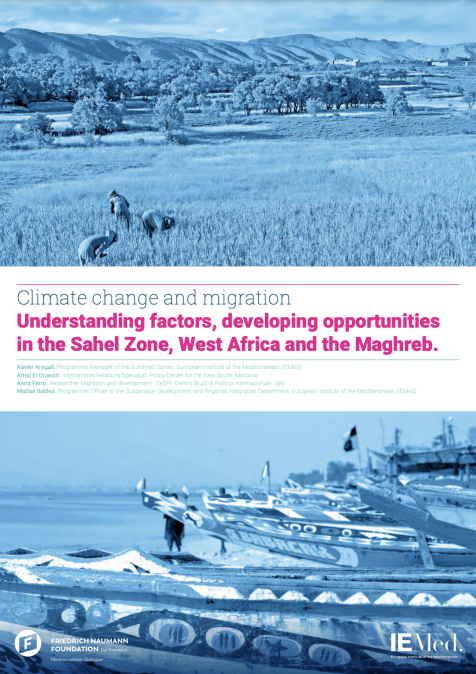Podcasts
Zones humides : pour un avenir durable en Afrique
Related topics:
Les zones humides en Afrique sont des écosystèmes uniques et vitaux qui offrent une multitude de services écologiques, économiques et sociaux. Elles abritent une biodiversité contribuant à l’équilibre environnemental, à la régulation du climat et à la protection contre les catastrophes naturelles telles que les inondations et les sécheresses. Cependant, ces écosystèmes sont confrontés à de nombreux défis, notamment le changement climatique, la pollution, la dégradation des habitats et la pression démographique. La conservation et la gestion durable des zones humides en Afrique sont donc d'une importance cruciale pour assurer un avenir durable et résilient à la région. Dans ce podcast, nous mettrons en lumière l'importance des zones humides en Afrique et leur rôle crucial dans la promotion d'un avenir durable. Nous aborderons les avantages écologiques, économiques et sociaux que les zones humides offrent à la région, ainsi que les menaces qui pèsent sur elles







